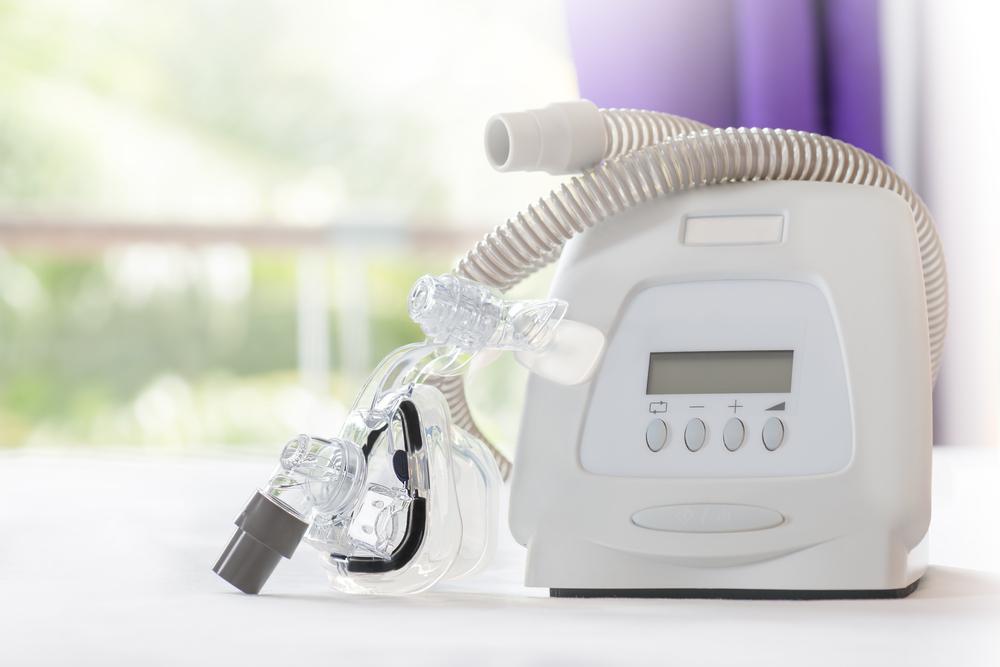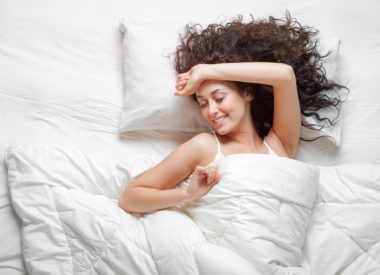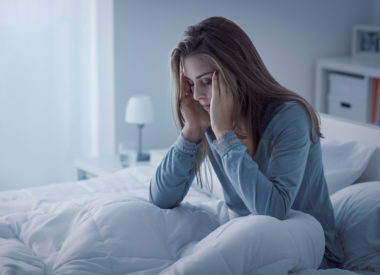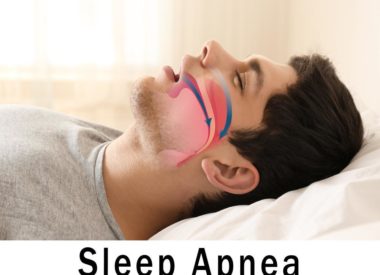Check out these solutions for 6 common problems with CPAP (Part Two)
Here’s a guide to 3 other key complaints from CPAP users and some basic solutions.
Solutions to 6 common problems with CPAP (4-6)
#4:The skin on your face is irritated
Skin irritation on the face where the mask is positioned can be caused by the following:
Poor CPAP mask fit: If your mask doesn’t literally fit your face like a glove or second skin, then it’s either the wrong mask for your facial landscape or you’ve not achieved a proper fit.
You may want to spend more time adjusting the fit and the headgear at bedtime, or call your DME for a brief fitting session. They won’t mind helping you with this process.
An overtightened mask: Sometimes patients will over tighten their CPAP masks because they fear leak issues or feel like their masks will fall off if they don’t. Keep in mind that part of the seal is naturally set when the pressure is turned on. Over tightening the mask will either result in more leaks or red facial marks or pressure sores. Get help with fitting your mask if you develop these.
Allergic reaction to mask materials: If it’s an allergy, you’ll know the first time you wear it. Contact your DME right away, if this is the case. If, after a couple of weeks, you suddenly notice skin irritation, it’s probably not an allergy.
Unclean mask: Are you cleaning your mask per the instructions you’ve been given by the DME? If you aren’t, you can end up with skin irritation caused by a mask carrying bacteria or other microscopic irritants. Make sure to follow cleaning and maintenance protocols to the letter.
#5. You have bad gas
If you feel bloated or gassy in the morning after using your CPAP, this could be the result of something called aerophagia (swallowing air).
Though you are not using your CPAP therapy as a ventilation support system (you do not breathe the pressurized air, it simply splints open your airway so you can breathe on your own), you can still swallow air, especially at higher pressures.
This happens because the forced air that is meant to move throughout your respiratory system can sometimes slip into the opening of esophagus where food and water are normally directed. This can lead to pockets of air ending up in your stomach, causing bloating, burping, and gassiness.
To avoid this troublesome side effect of CPAP usage:
-
Elevate the head of your bed by up to 3 inches. This slight angle can change your posture enough to prevent air swallowing.
-
Avoid eating close to bedtime. The stomach should have some time to digest before you recline in order to prevent gastroesophageal reflux disease (GERD), a form of heartburn which may be connected to CPAP-related aerophagia.
-
Consider using your ramp feature. This can help you ease into higher pressures. Or you could discuss the possibility of switching to an auto-CPAP system ;it provides a range of pressures, so that you can start off your night with less air pressure and work your way up from there. This will require the sign-off from your physician, however.
-
For occasional problems with air swallowing, you may be able to get by with using an over-the-counter treatment like simethicone (Gas-X) , but if it is a recurringproblem, speak to your doctor about adjusting your air pressure or trying a different PAP delivery system.
#6. Something’s leaking
Sometimes you can experience moisture leaks related to the use of CPAP humidification.
Rainout refers to moisture leaking into the mask that’s caused by condensation originating inside the tubing.
If your room is cold, the warmed moist air coming from your machine cools in the tubing, making the air inside less able to hold water vapor, so this moisture “rains out.”
Solutions include using heated CPAP tubing, reducing your humidity setting, keeping your room at a warmer temperature, or placing a “sleeve” around the tubing to insulate it.
Another problem occurs if your CPAP machine is placed higher than the level you are sleeping at . This can misdirect water from the CPAP humidifier chamber into the tubing and lead to another kind of rainout.
Movements can also jostle water from the chamber into the tubing and can lead to the accidental inhalation of chamber water, which is dangerous. Always place your machine lower than the head of your bed to prevent this.
Check your tubing; condensation from inside the hose is somewhat normal, but if there’s a hole or a tear in the tubing , it can leak moisture and you could wake up with damp sheets or blankets.
Finally, if you find moisture on your nightstand, it could be due to overfilling the humidification chamber or a faulty connection between the chamber and the tubing.
If you know you haven’t overfilled the chamber, double check that you are connecting the tubing snugly to prevent leaks. If it seems like a tight fit, then contact your DME to look into a machine replacement or repair.
If you have experienced any of these problems, and have tried these solutions without success, we highly recommend you contact your durable medical equipment (DME) provider (they are the ones who arranged for the delivery and set up of your CPAP therapy equipment).
Even those who are most challenged to make CPAP work can benefit from a discussion with the DME, who has specific training in the art of troubleshooting problems with therapy. They have seen nearly every kind of troublesome situation and can be invaluable in addressing your problems, usually with simple and inexpensive tactics.
Are you a Sound Sleep Health patient? Let us help you with your CPAP therapy success! Call our DME for advice at 425.279.7151 if you face these or other obstacles with the use of your CPAP therapy.



